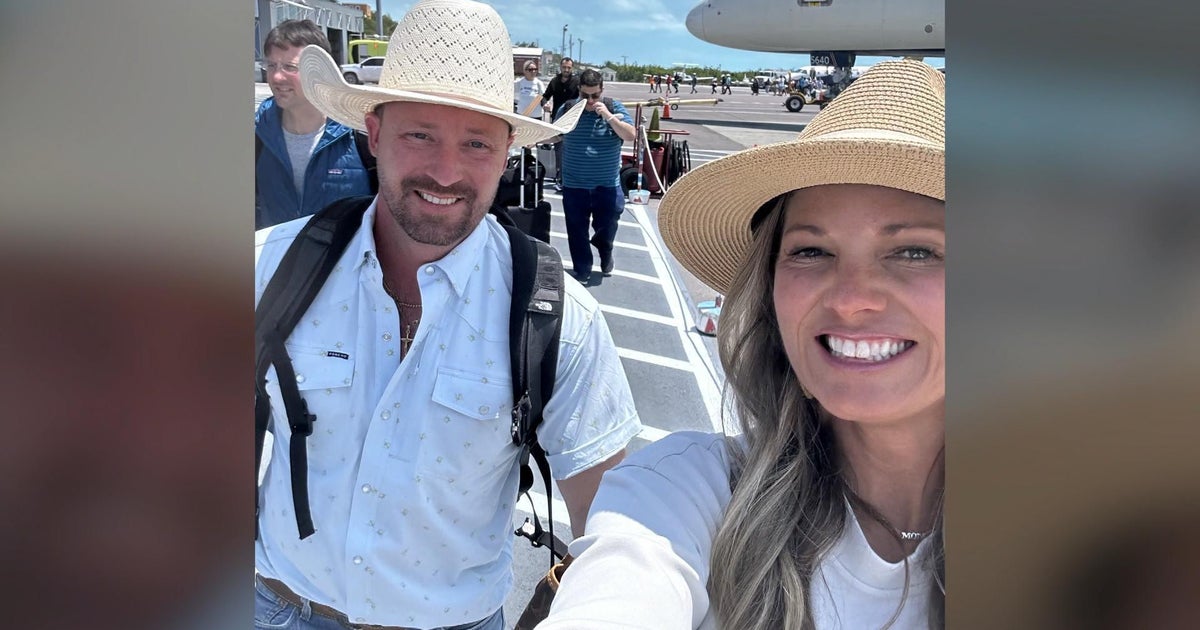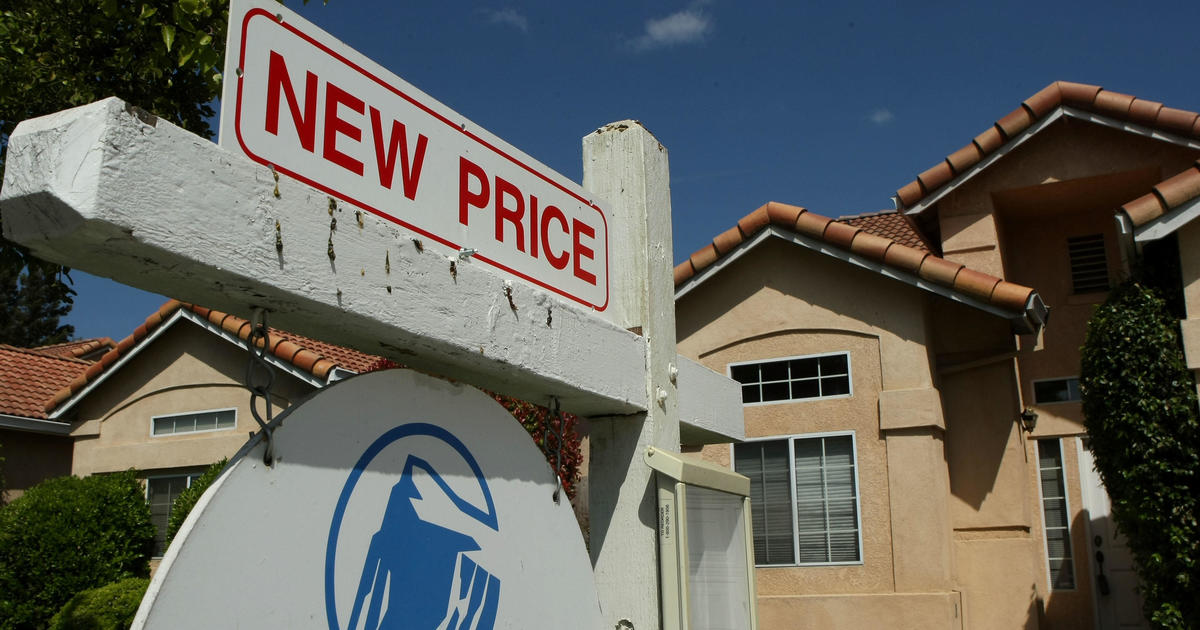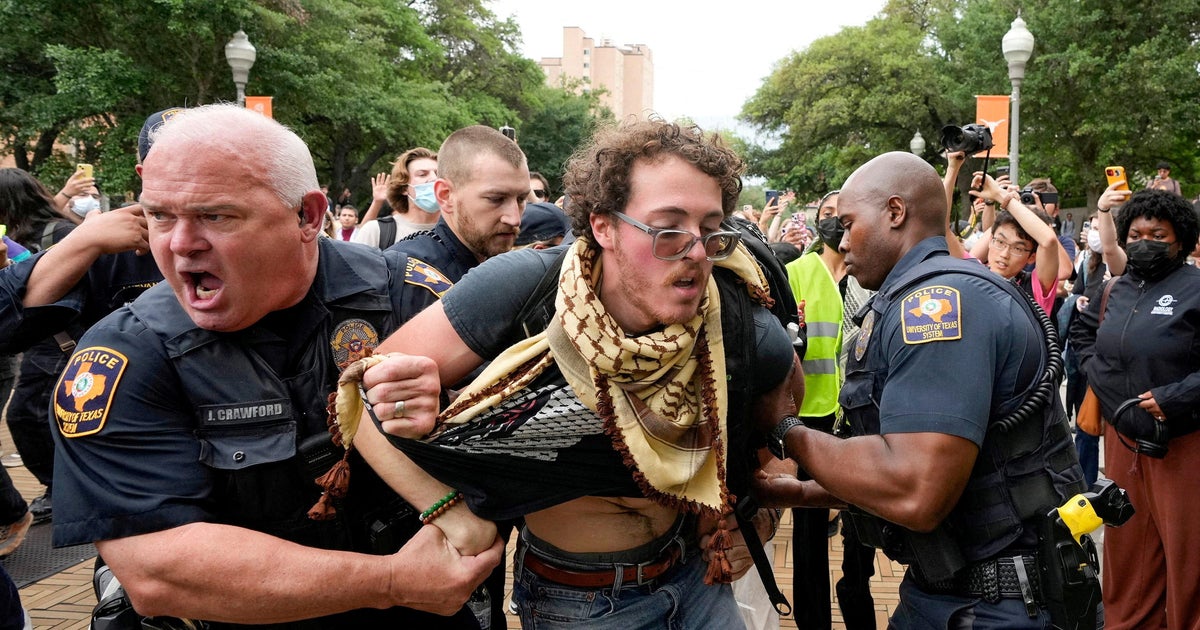"Very difficult to predict" how long "stay-at-home" orders will last, Dr. Fauci says
In the past 24 hours, some governors have begun issuing statewide stay-at-home orders in an attempt to slow the spread of the coronavirus pandemic. Residents of California, New York and Illinois have all been ordered to remain in their homes as much as possible, barring some essential exceptions.
In an interview with "CBS Evening News" anchor Norah O'Donnell, Dr. Anthony Fauci, the country's top infectious disease doctor and a member of the White House coronavirus task force, said it's "very difficult to predict" when those orders will end.
Read Norah O'Donnell's interview with Dr. Fauci below.
Norah O'Donnell: Let me ask you, with the weekend ahead, New York and California are mandating residents stay home. How many more weeks do you think this could be in place?
Dr. Anthony Fauci: You know, it really is very difficult to predict. I think you have to monitor it really on a daily basis to see the kind of impact it's having. If you looked at the curve, which I know you did, Norah, I mean it's just steep — way, way up. About 90% of the new infections are coming from that area. So they're having a particularly difficult problem.
Everyone wants to flatten the curve. Should more governors follow this stay home order?
I don't think necessarily every single situation, every single region or location, needs to be that way. But certainly, in the response to the kind of situation that you're seeing in New York, I think that was an appropriate move.
Let's talk about the drugs that the president is trying to fast track for use. Is there a proven treatment to prevent or treat COVID-19?
There is not a proven — and that's the underlined word — a proven treatment or prevention. However, there's some anecdotal information that one or two of these may possibly have some benefit. But as I insisted and said, it has to be done with a structure that collects information.
But it doesn't appear that that structure exists. Should doctors treating COVID-19 patients, right now, consider prescribing the anti-malaria drug hydroxychloroquine?
Well, there is going to be put into place very soon — I was just speaking to the commissioner of the FDA, together with Dr. Birx, about having a system, an online system, where people can actually get on and have a doctor make the determination whether or not they should be put on, but also have the capability of collecting information.
In my conversations with doctors, there are a number of side effects from hydroxychloroquine. It is a safe drug, but there are a number of side effects. So just prescribing it prophylactically to anybody who wants it, is that sound medicine?
If you're talking about someone who does have COVID-19 disease, that's a different story than somebody in the street saying, 'Hey, doctor. I want you to write a prescription for me for COVID-19.' But if someone is in a dire situation, they need something, should you try it even though you don't know it works? That's a decision between the physician and the patient.



